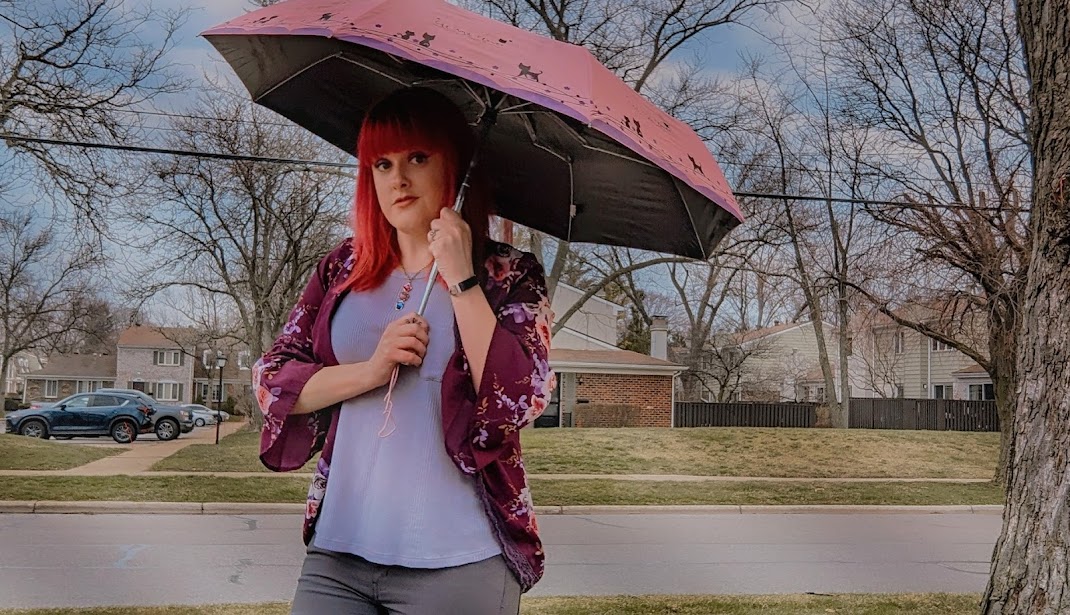Sad in the spring: Mental health challenges can strike during any season

I have noticed something about my anxiety over the years – that, almost every year, it feels like my anxiety heightens around mid-March/early-April.
Each year, it comes as a surprise to me. All of the sudden, I'm feeling overwhelmed and anxious out of my mind – and I think to myself, "What's happening to me?" And then I remember...oh yeah it's the beginning of spring.
But why March and April? I know it's common for the winter months to affect people's mental health. But the spring? When temperatures are finally getting warmer? Why would that affect my mental health?
I know that when someone struggles with Seasonal Affective Disorder, they usually start to feel down in the fall and winter and then they begin to feel better in the spring. For me, my mental health always feels at its worse around November and December, then I'm fine the rest of the winter, and then my mental health plummets again in the beginning of spring. Then I'm feeling better by the end of April into May and during the summer and even into the fall.
But, man, there's something about November and March that hit me hard. And the thing is that seasonal changes – and that means any seasonal changes, not just in the winter – can affect some people's mental health. And that's because, I don't know about you, but change is one of my top anxiety triggers – even if the change is good.
For instance, whenever I've started a new job – even when I'm so excited about the new adventure – I am a freaking anxious mess for at least a couple weeks. The same goes for when the seasons change. Your daily activities may change as the days grow warmer, so it's normal that you may have a bit of an adjustment period for that as well.
According to HealthyPlace.com, "Our circadian rhythms change with the increased length and intensity of sunlight, affecting sleep-wake cycles, energy, and mood. Studies have shown that both suicide rates and manic episodes of bipolar disorder peak during the spring season due to change in our circadian rhythm."
"While it can be refreshing to be able to spend more time outdoors and do different activities, it’s still a change our minds and bodies must adjust to."
It's easy to assume that people's moods have improved because it's now spring, but we still need to check in our friends and family – those who are struggling with their mental health – in these warmer months too.
Bernie Fox, a semi-retired mental health counselor, shared on Medium.com that his son Zac lost his life to suicide in the early spring more than a decade and a half ago. Even though Zac had a history of depression, Bernie said he had no concerns about him contemplating suicide. After all, it was almost Easter, and Zac was looking forward to enjoying time outdoors. The day Zac died seemed to be one of his "better days," so Bernie had no idea it would be the last day he would see his son alive.
"Here is an explicit advisory: The return of sunny days, the fresh air of spring, may negatively affect those having experienced depression during the dark months of winter. ... (I) encourage you to come alongside someone you know is suffering, despite, or perhaps because of, the arrival of spring. To do what you can, even in the smallest of ways, let them know that they are not alone," said Bernie.










1 comments
ReplyDeleteIt's disheartening to realize that mental health struggles don't adhere to seasonal boundaries. The poignant article sheds light on the often overlooked reality of facing challenges even amidst the beauty of spring.
do my class for me